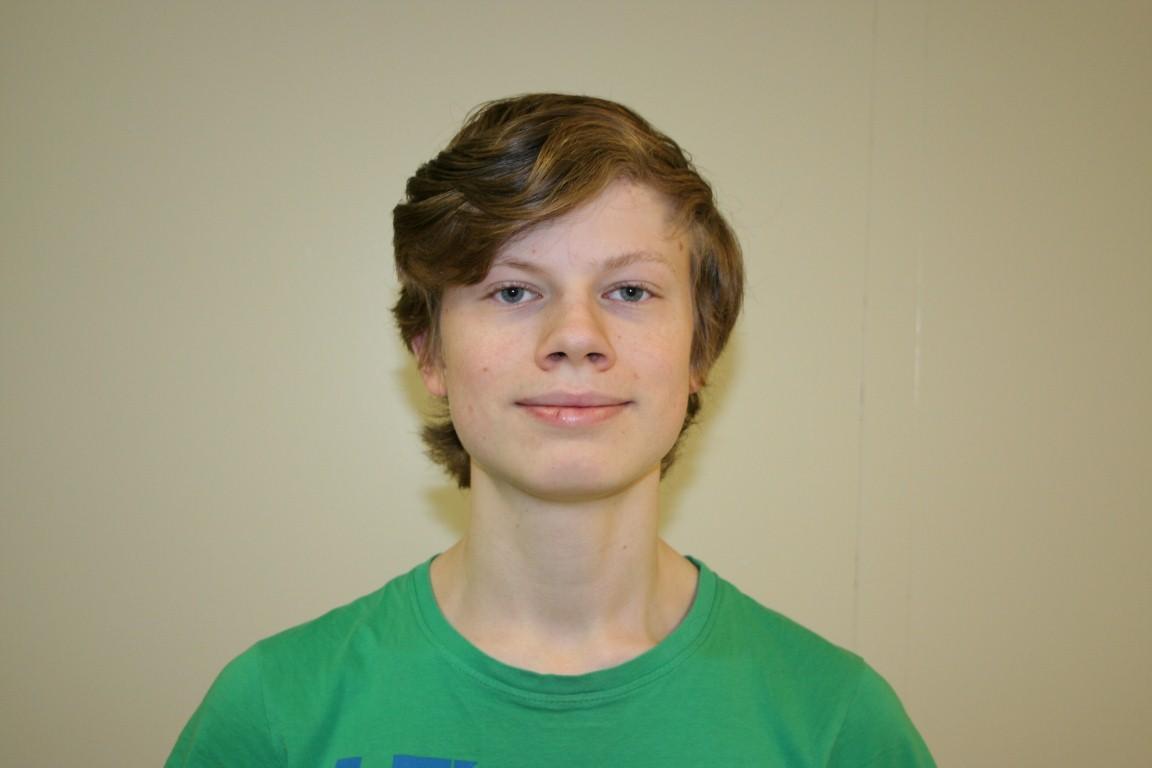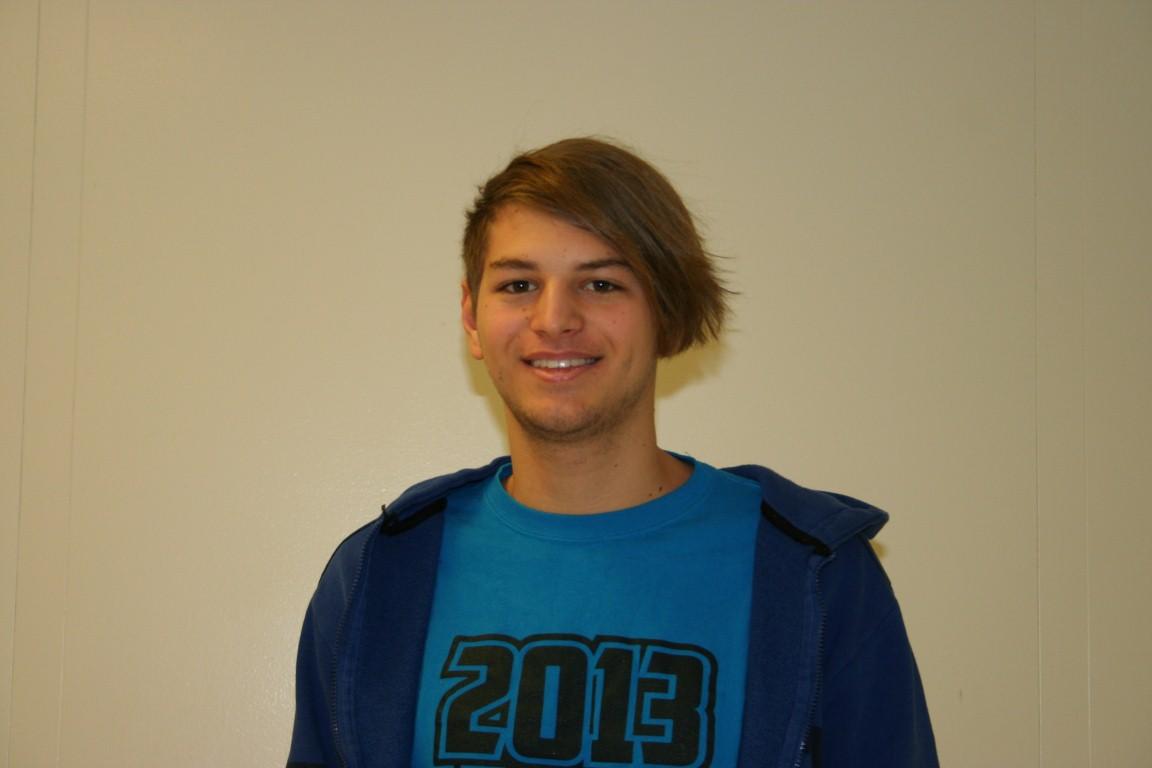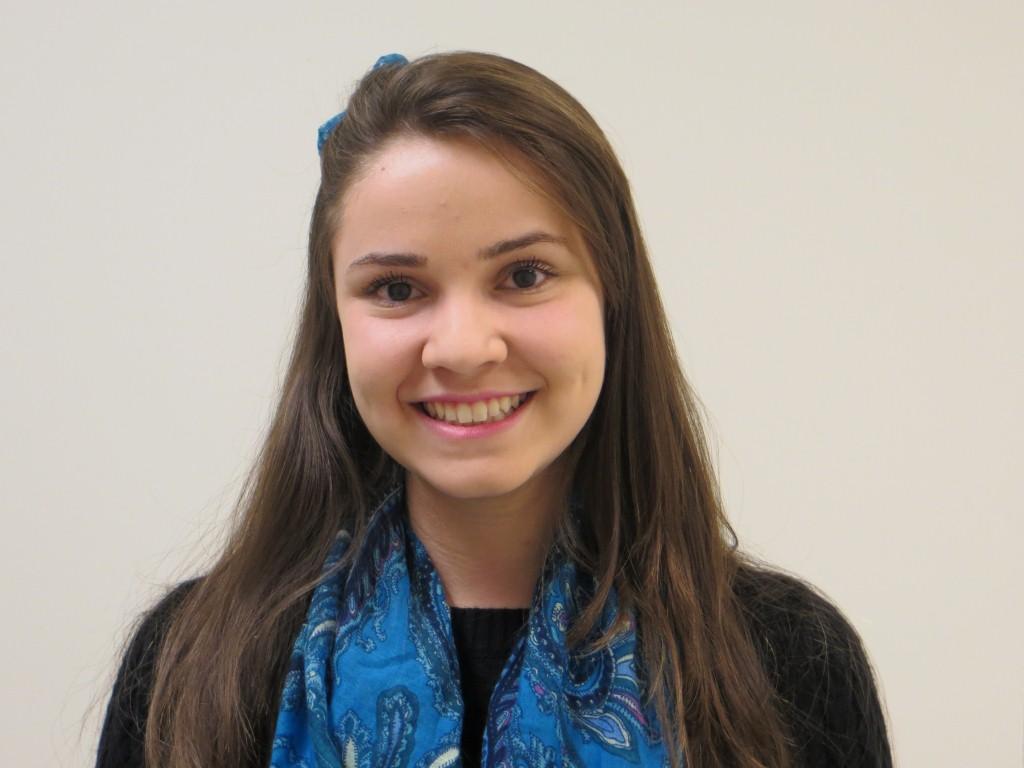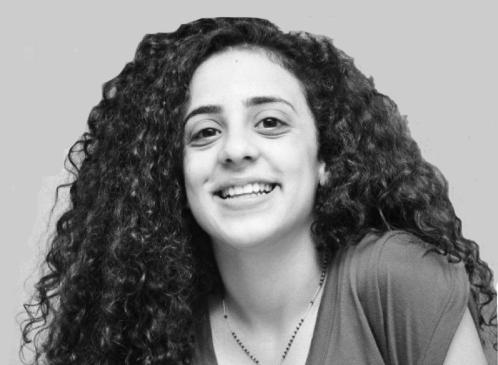Daniel Jutz & Yannik Schauer from Germany: 

Daniel Jutz, sophomore, and Yannik Schauer, sophomore, are exchange students from Nittenau, a small town in Germany.
Jutz’s English teacher in Germany inspired him to participate in the exchange program. After some consideration, Jutz and his family decided to proceed with the adventure.
“It took a lot of preparation in terms of a visa and organizing with the school,” Jutz said. “The more you think about [going], the more concerned you get because there are always some risks and dangers. You don’t know what kind of family you’re getting into, or how well you [will] fit into the school and find new friends. But my biggest fear was that my English skills wouldn’t be good enough. I wouldn’t be able to understand [people] or be able to talk.”
Similarly, Schauer applied for the program too because he always wanted to “go on an adventure.” He and his family had to wait about five months to receive the good news that his application was accepted.
Though the boys are adjusting easily, they do miss some things about Germany, such as their families and friends. Neither of them expected to feel homesick, but with not seeing their families over the holidays, the feelings came with full force.
The holidays also bring new experiences. According to Schauer, an angel named Christkind that brings gift in Germany is the equivalent of Santa in the US.
The schooling systems also differ in the two countries. There are multiple systems of high school that increase in difficulty. School ends at 1pm, with a longer day occurring twice a week, according to Jutz.
“In Germany, we stay in our classes together, and the teachers come to our classroom,” Schauer said. “We have a different schedule every week, so we have about 16 different classes.”
The content the schools test on is different, too. In America, tests are mostly about how much information a student can remember. In Germany, tests are more centered on how a student can argue his or her point.
This being both of their first times in America, both boys did not know what to expect when they came here and one surprising, yet pleasing, factor to Jutz is how much pride Americans have in their country, and how much pride the students and faculty have in sports.
“Pride is very strong here. History has sometimes made it impossible to be proud of [Germany]. The difference is here in every hallway, on every doorway, you’ve got a flag hanging from the door. In Germany, you can’t really do that,” Jutz said. “School spirit definitely surprised me too like, for example, the school assemblies. There’s nothing you can compare that to in Germany.”
Both boys are constantly reminded they are not in Germany anymore. Being away from home does take its toll, and both Jutz and Schauer think they will be glad to finally be home when that time comes.
Sabrina Castro, senior and foreign exchange student from São Paulo, Brazil, arrived in LZ a week before school started. She will spend the 2013-2014 school year at and graduate from LZHS. Castro lives with William and Karen Borchert, a special education teacher at the high school.
When she was four years old, Castro lived in the Dallas, Texas for ten months, but she does not remember because she was so young.
Coming back, Castro said she “had things made in [her] head about what [America] would be. A lot of things are different and a lot of things are similar.”
One discrepancy was her perception of the stereotypical American.
“Usually people say Americans are colder, but I think it depends on the person. I think there are different people everywhere,” Castro said. “In Brazil you can find very warm people and nice people, and you can find colder people and mean people. It’s the same thing here and every place in the world, I believe.”
Castro also noticed differences in the education structure. Class participation and homework are weighted more heavily into grades in Castro’s LZHS classes than in Brazil. The school day is also shorter in São Paulo.
“We start in February and end in December,” Castro said. “We go to school at 7:15 and get out at 1 o’clock, but we have extra help in the afternoon so usually people stay. We don’t have subjects like home economics and photography. It’s just math, English, Portuguese, and science, so it’s boring.”
Besides the differences in the range of courses, Castro noted the emphasis on extracurriculars.
“Here, I noticed that you value a lot of sports. [Lake Zurich] has a lot of options for sports and extra things,” Castro said. “We don’t have American football and we don’t have hockey in Brazil.”
From a Blackhawks game to the circus to a Bon Jovi concert, Castro has enjoyed the American cultural experiences. She has also visited the Bean in Millennium Park, done plenty of shopping, and eaten fast food, McDonald’s and Burger King being her favorites.
Castro has also enjoyed the traditional American holidays and is looking forward to a traditional American Christmas. She is particularly excited about all the decorations, which she said are not as common in Brazil.
As for her future in the United States, Castro is uncertain.
“If I have the opportunity to come here [for college], maybe I will, but I’m not sure yet,” Castro said. “If I decide to come, I will do maybe two years in a community college, and then maybe I will transfer to another place to have the experience to do college in another state.”
While Castro misses her parents and golden retriever back at home, she says she is not eager to go back.
“I want to enjoy every second of this experience because it goes too fast,” Castro said. “I can’t believe it has been three months that I’ve been here already.”
Amira Serour is a foreign exchange student who was born in Cairo, Egypt and lived there for fifteen years before she came to LZ last year. Serour had the opportunity to participate in the foreign exchange program and has relatives nearby in LZ, but says living here is a whole new experience.
“Everything is totally different,” Serour said. “It’s not like coming from the next block or moving from a close country. I came from Egypt, which is a twenty hour plane ride away.”
The biggest difference is the stability here, Serour said. Revolutions and political instability have been occurring in Egypt after the removal of two presidents. The Muslim Brotherhood still wants to reinstate their president to power, according to Serour. Many of Serour’s friends and family have been affected by these revolutions.
“One of my relatives was driving and a bunch of guys came and wanted to steal her car and said, ‘Give me the keys,’ so she did and he knifed her in the neck and she died,” Serour said. Another example of the violence occurred when, “My friend’s husband lived far away from my home and was very successful and [the Muslim Brotherhood] kidnapped him for 20 days so his wife and family had to pay a lot of money for him to come back.”
According to Serour, all of these events trace back to the Muslim Brotherhood.
“Anything that happens to anybody in Egypt now is the Muslim Brotherhood,” Serour said. “It’s not just random murders, it’s them.”
Despite the ever present danger of the revolutions, Serour says there are many things she prefers in Egypt.
“It’s more warm in Egypt, not the weather but the family and friends,” Serour said. “People in Egypt are braver. [Also], people are more fair and careful about other people’s feelings.”
According to Serour, people in America have misperceptions about life in Egypt.
“People think of Egypt as camels and desert and pyramids, but that’s not how it is,” Serour said. “We have a big plaza full of restaurants and everything. There’s a lot of jobs and popular places and that’s where we hang out.”
Serour likes the many sports opportunities here and hopes to try out for soccer. She also likes the organization of schools and streets, its cleanliness, and its lack of crime. However, she says people are less friendly and everyone is always busy, leaving no time to relax and do things for yourself.
With positives and negatives in both LZ and Cairo, Serour is undecided about where she would rather spend her life.
“That’s one of my big issues I’ve been suffering since I came here because I have family in Egypt,” Serour said. “I’m torn apart.”


